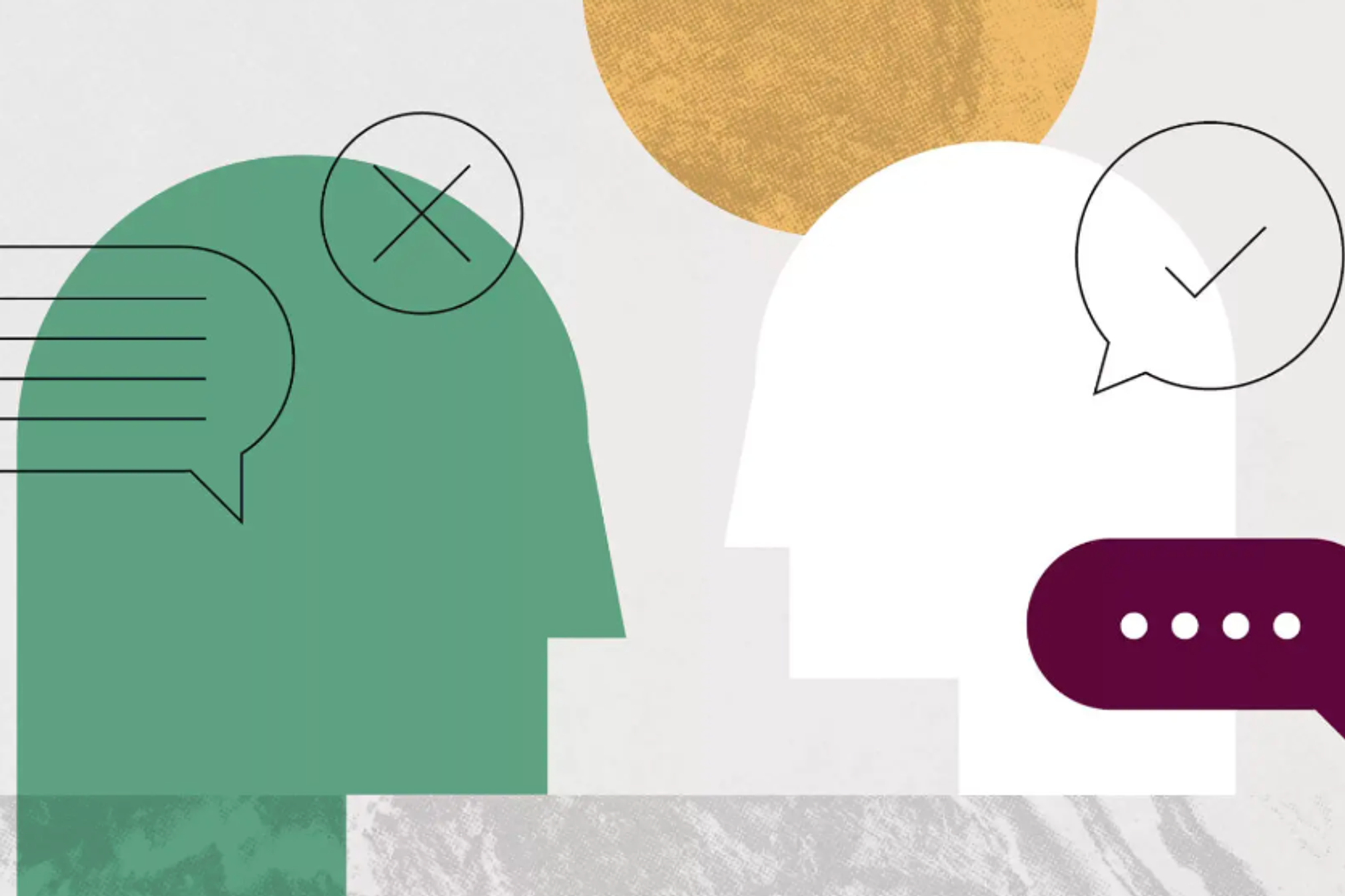Wednesday, March 19, 2025
Benefits of teamwork in the workplace


1. Teamwork cultivates effective communication
Effective teamwork in the workplace starts with solid communication. In order to work together—whether when ideating or working on a new project—you need to communicate to create cohesion and clear goals.
2. Teamwork improves brainstorming
Brainstorming is a powerful method that helps teams think outside of the box. It involves individuals working together by communicating ideas for a number of initiatives. These could include projects, processes, products, and services.
Good teamwork means your team communicates and feels comfortable sharing their thoughts and ideas. Without teamwork, your brainstorming sessions could suffer, and, in turn, so could your team’s quality and performance.
Ultimately, the success of brainstorming sessions relies on solid teamwork in the workplace. By investing time to foster trust and open communication, every individual’s potential can be maximized, benefiting the whole team. You can do this by connecting in a one on one setting regularly and encouraging team members to share their insights.
3. Teamwork encourages a common goal
Having a common goal in mind is essential when it comes to prioritizing projects and new initiatives. With multiple team members working on individual tasks, a project goal helps keep deliverables aligned and ensures objectives are met.
There are a number of ways you can communicate a goal in a way that both encourages teamwork in the workplace and promotes collaboration. These include:
- Business case: A business case is a document that details the value of a project or initiative. This ensures each team member has the same starting point before diving into a project.
- Team meeting: Meetings are a great way to get your team in one place to communicate expectations and work together. Having an initial meeting—as well as a post mortem meeting once the project is over—can help determine deliverables and ensure objectives were met.
- Timeline software:Timeline tools can help your team visualize the work you need to complete and how you’ll hit your project goals. Clarifying task due dates and dependencies unlocks teamwork and allows team members to thrive.
4. Teamwork helps build trust
Trust in the workplace is something that is built over time. It takes transparent communication, one-on-one sessions, and support to build that trust with team members.
A team that trusts each other feels comfortable communicating ideas, collaborating in the workplace, and growing individual strength. Not just that, but they also feel a sense of belonging within the group.
The absence of teamwork in the workplace can lead to a breakdown in trust. This can result in team members feeling isolated and turning competitive, focusing on individual achievements over team success, which can undermine both morale and performance.
5. Teamwork improves company culture
Most companies strive for a good organizational culture, but it’s not as easy as having chats at the water cooler or a monthly pizza party. Company culture involves making your team members feel heard and empowered to do their best work while offering them work-life balance and an overall enjoyable work environment.
To build culture, encourage camaraderie and teamwork in the workplace. Spending time with one another can help build this bond and, in turn, improve working relationships and the culture around the (virtual) office.
Culture example: Kabir’s team has a huddle every Monday where they share what they did over the weekend and any upcoming projects for the week. Since they get to talk about both personal and work-related topics, the team enjoys their Monday meeting. In fact, communication and overall culture have improved since the team began meeting on Mondays.
Tip: Build shared values by giving team members the opportunity to share the values they think are important.